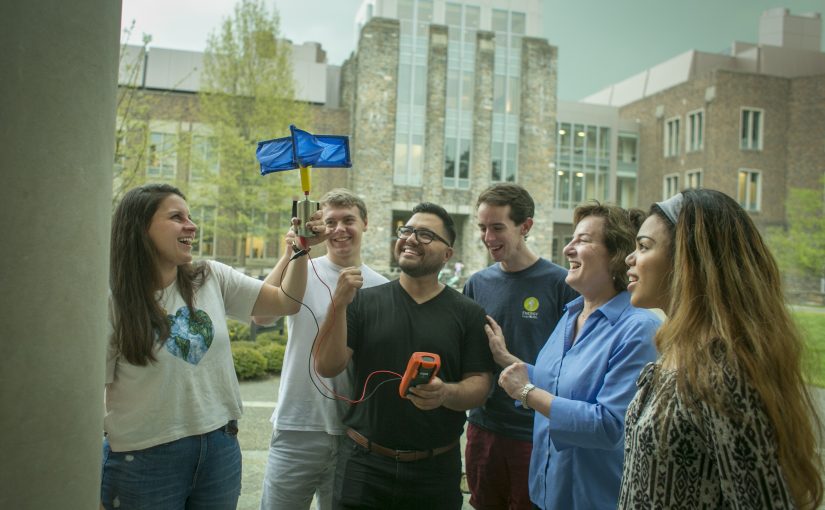The 2020 protests sparked by the tragic murders of black citizens such as George Floyd, Breonna Taylor and Ahmaud Arbery raised our national awareness and illustrated the urgency of the critical issues of systemic racism, racial injustice and police violence. In an effort to engage with these issues, a group of Learning Innovation staff joined together to form the Racial Equity Group. Members discussed recent events, attended workshops on diversity and inclusion, and shared what they learned with each other.
Over the course of the year, the membership of the group expanded, as did its focus from racial justice to all issues of diversity, equity, inclusion and accessibility, as these issues often overlap and intersect. To reflect this shift in focus, the group recently changed its name to the DEIA Action Group.
One of the first actions the group took this year was to instigate a revision of Learning Innovation’s mission and guiding principles. Though Learning Innovation will at some point no doubt craft a specific DEI statement, the Action Group was encouraged to collaborate with the admin team and, later, the entire team to essentially weave the principles of DEIA into our mission and guiding principles.
A passion for addressing DEIA issues is not exclusive to the members of the DEIA Action Group; our teams are regularly conducting workshops to address DEIA in education at Duke. Some of the workshops from this past academic year included:
- “Online TA Skills: Facilitating Inclusive Online Discussions”
- A four-part series of open discussions on Teaching practices to support student well-being
- “Adapting Inclusive Student Engagement and Mentoring Practices Across Hybrid and Virtual Learning”
Moving forward, Learning Innovation has made promoting the principles and themes of Diversity, Equity, Inclusion and Accessibility (DEIA) as they apply to innovations in teaching and learning one of our key priorities. We continue to educate ourselves on and integrate inclusivity and equity-based design principles for learning into our support for both classroom teaching and online learning projects. We will partner with faculty and staff to make learning experiences more equitable and inclusive, and maximize accessibility to students of all backgrounds and needs.

